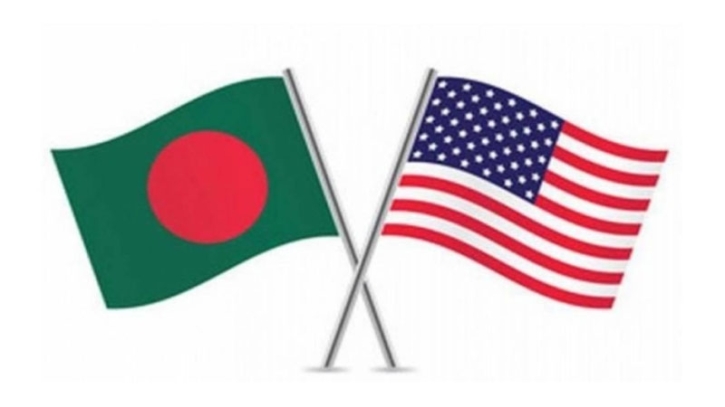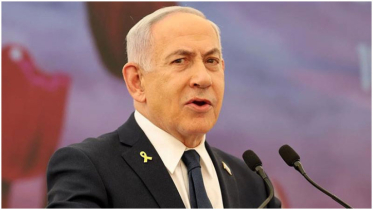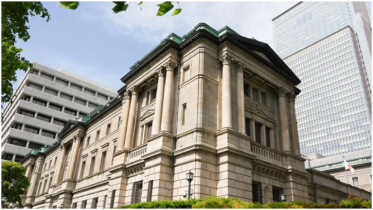Bangladesh again demands GSP revival from US

Bangladesh has again demanded the reinstatement of the Generalised System of Preferences (GSP) of the United States at a 6th Trade and Investment Cooperation Forum Agreement (Ticfa) meeting held in Washington on Tuesday (December 7).
The two countries affirmed the importance of Bangladesh's efforts towards reforming labour laws and discussed Bangladesh's interest in the GSP restoration, according to a statement from United States Trade Representative (USTR), the chief trade negotiation body of the US.
In line with the Biden administration's focus on a worker-centred trade policy, the US highlighted its priorities in implementing and enforcing labour laws to protect workers' rights to freedom of association and collective bargaining, and to a safe and healthy workplace, said the statement.
The US emphasised greater alignment between Bangladesh's domestic labour laws and international labour standards, in particular by extending fundamental rights of freedom of association and collective bargaining to the export processing zones (EPZs) and special economic zones (SEZs).
The US also expressed interest in collaborating with Bangladesh on new opportunities to promote labour rights, including eliminating forced labour in global supply chains.
The meeting was co-chaired by Assistant US Trade Representative for South and Central Asian Affairs Christopher Wilson and Tapan Kanti Ghosh, Secretary to commerce ministry of Bangladesh.
Both delegations included officials from trade, labour, agriculture, and other relevant ministries and discussed issues like the bilateral trade relationship, including market access for agricultural products, labour rights, digital trade policies, intellectual property protection and enforcement, and policies impacting the investment climate.
Both countries stressed the importance of their strong economic and trade relationship, which surpassed $10 billion in two-way trade of goods in 2021.
Both delegations affirmed their intent to boost future bilateral trade and investment opportunities following the Ticfa council meeting through sustained mutual engagement and technical work on, among others, the issues highlighted.
They discussed the progress Bangladesh made on reducing market access barriers for certain agricultural products and discussed ways to further facilitate bilateral trade of food and agricultural products through the use of science and risk-averse policies that ensure trade of safe food and agricultural products.
The two countries exchanged views on issues related to digital trade. Participants discussed how digital policies can promote inclusive economic growth, innovation, and investment.
Both countries recognised the importance of the protection of intellectual property (IP) and enforcement of relevant laws for incentivising innovation and promoting trade and investment.
Participants welcomed the opportunity for additional expert-level engagement between the US and Bangladesh on patent rules and border enforcement.
The US acknowledged the important role of investment in supporting Bangladesh's development objectives as the country graduates to middle-income status.
Ticfa participants exchanged views on the importance of predictability and transparency for both Bangladeshi and foreign companies operating in Bangladesh.
The participants decided that the next meeting of the US-Bangladesh Ticfa Council would tentatively take place in 2023 in Bangladesh, and that regular contact between officials would be maintained leading to that meeting.
.png)




